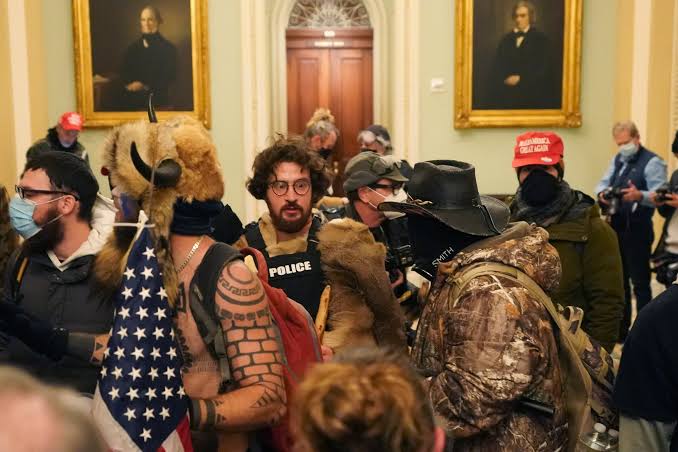Federal Judge Withdraws from Case of Pardoned Jan. 6 Rioter Amid Controversy Over Trump’s Pardon Scope
A federal judge in California has stepped down from a case involving a pardoned Jan. 6 rioter after the Trump administration intervened in support of the defendant’s release. The case, which centers on Benjamin Martin—a convicted rioter who later faced separate felony gun charges—has sparked debate over the extent of presidential pardons.

Judge Steps Down Amid Legal Controversy
U.S. District Judge Jennifer L. Thurston, who presided over Martin’s gun conviction, filed a self-signed order on Wednesday recusing herself from the case. Though she did not explicitly state her reasons for withdrawing, her decision followed the Justice Department’s new stance that former President Donald Trump’s pardon for Jan. 6 rioters should extend to unrelated crimes.
“Good cause appearing, the assigned District Judge disqualifies herself from all proceedings in the present action,” Thurston wrote. She then instructed the court clerk to reassign the case.
Trump Administration’s Intervention
The case took a turn when the Trump administration notified the court that it supported Martin’s request for release while he appeals his gun conviction. Martin’s legal team argued that his presidential pardon for participating in the Capitol riot also nullified his conviction for illegally possessing an AR-style rifle and 500 rounds of ammunition.
The new presiding judge, Chief U.S. District Judge Troy L. Nunley, wasted no time in approving Martin’s release later that day.
Benjamin Martin’s Legal Troubles
Martin, 46, has a criminal history that includes multiple domestic violence convictions. He was found guilty in November 2024 of illegally possessing a weapons cache. The case stemmed from a one-day trial before Judge Thurston, who sentenced him to over three years in federal prison.
His troubles date back to his involvement in the January 6th Capitol attack, where he confronted police officers and was pepper-sprayed while attempting to breach the building. In June 2024, he was convicted for his actions that day but later received a pardon from Trump.
A Precedent-Setting Case?
The case raises significant legal questions about the scope of presidential pardons. The Justice Department’s shift in position suggests a broader interpretation that could impact other pardoned rioters facing separate charges. Meanwhile, Judge Thurston’s withdrawal has fueled speculation about whether judicial opposition to this interpretation will become a trend in similar cases.


Comments are closed, but trackbacks and pingbacks are open.